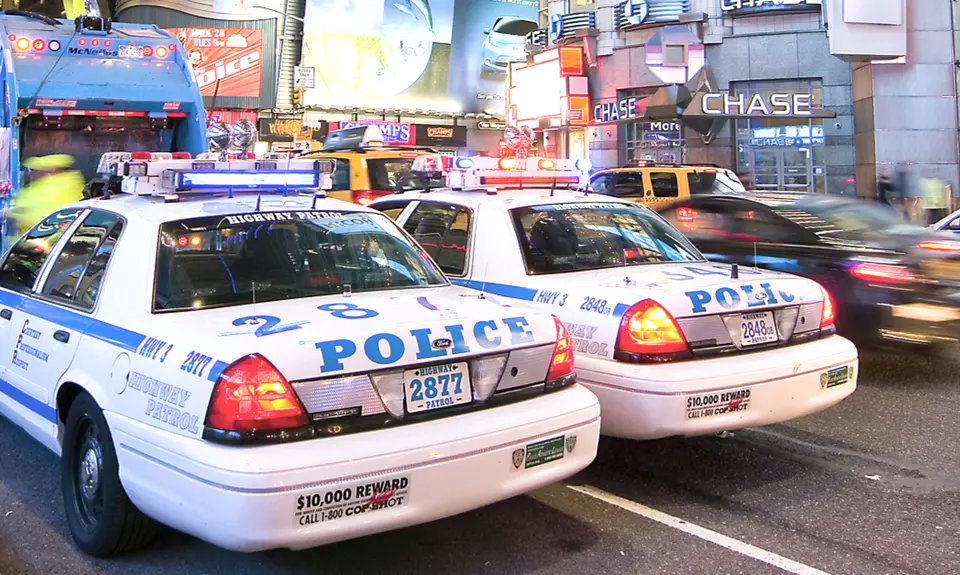Confirmed Judges, Confirmed Fears” is a blog series documenting the harmful impact of President Trump’s judges on Americans’ rights and liberties.
Trump 11th Circuit Judges Kevin Newsom, Elizabeth Branch, and Britt Grant recently cast the deciding votes in a 7-5 decision by the full court that reversed a panel decision and ruled that a police officer could seize and use as evidence a bullet found on an unarmed man who was not subject to a full search. The three Trump judges went even further than the majority and argued that police can always seize and use as evidence such items from individuals subject to a “stop and frisk” that is supposed to be limited to checking for dangerous weapons. As several dissenting judges explained, such seizures are clearly unreasonable and violate the Fourth Amendment under established Supreme Court precedent.
In United States v. Johnson, during a search for a burglary suspect, Florida police stopped Paul Johnson. Under the long-established Supreme Court decision of Terry v. Ohio, when there is no search warrant or other probable cause to search such a suspect, police can stop the individual and frisk them for weapons that could endanger the police or others, and later use such seized items as evidence. The police stopped Johnson, handcuffed him and ordered him to lie on the ground, and found no weapons on him but did find and seize a “stand-alone” bullet and empty holster. They later found several pistols nearby. They did not charge Johnson with burglary. Instead, after learning that he had previously been convicted of a felony, he was charged with possessing a firearm. Johnson argued that the seizure of the bullet was improper under Terry, and a panel of the 11th Circuit agreed.
The full 11th Circuit court then decided to rehear the case, and reversed the panel decision and upheld the seizure and use of the bullet against Johnson. The majority opinion by Judge William Pryor ruled that the seizure was appropriate under the circumstances and suggested that such seizures were generally permissible. Judges Newsom, Branch, and Grant went further in concurring opinions and stated that such seizure and use of a bullet is “always” allowed under the Fourth Amendment.
Five judges vigorously dissented. Judge Jordan pointed out that despite their usual championing of originalism, the majority was ignoring the fact that Terry “permitted pat-downs for weapons” without a warrant or probable cause “only weapons”, and that the majority was improperly extending Terry “beyond its narrow scope.” Judge Rosenbaum objected because the issue of whether a stand-alone bullet can always be seized was one that “we did not ask the parties to brief, they did not brief, and the government expressly disavowed.” Judge Jill Pryor explained in dissent for herself and several others that the original panel decision was correct that the seizure was “unreasonable” under Terry, and that the majority had “unjustifiably broadened” Terry’s “narrow exception, tipping the balance too far in favor of law enforcement’s desire to collect evidence and against the Fourth Amendment rights of the people they police.”
